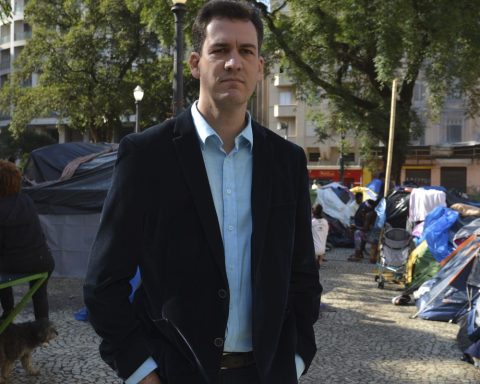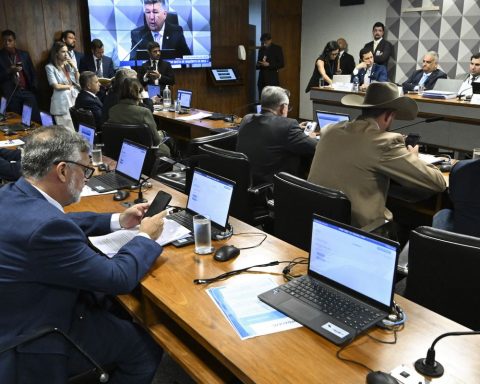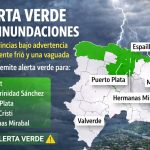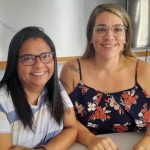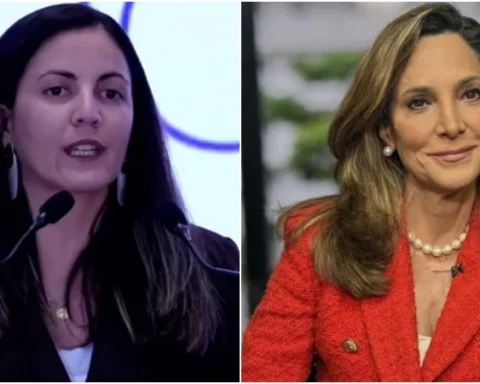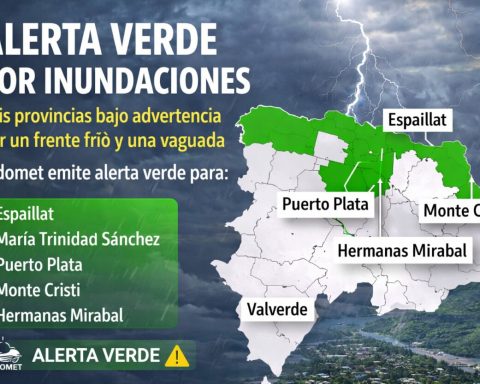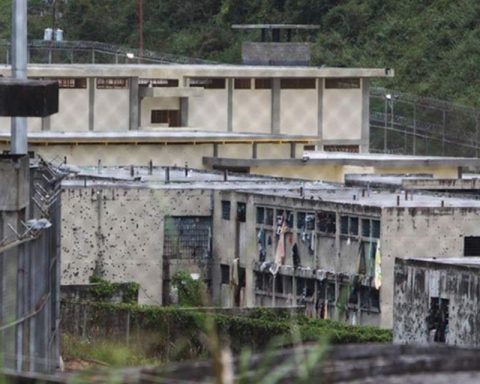Young people who have an entrepreneurial spirit and business ideas that make significant contributions to society have until next Sunday (3) to sign up for the Young Initiative program, created by Shell.
Registration is free and can be done at site from the program. Young people between the ages of 20 and 34 can participate, who have completed high school and are resident in the states of Rio de Janeiro and Espírito Santo, where the company operates oil platforms.
The program is a global initiative of the company and is currently present in 19 countries. In Brazil, the program turns 22 this year.
The manager responsible for the company’s Social Responsibility area in the country, Maria Angert, told Brazil Agency that the new program cycle has a novelty: the division between the “ideation” and “operation” phases.
In the ideation phase, the focus is on projects that are in the initial stage. “If a person has only one idea, they can sign up for the ideation cycle. You don’t have to have a mature business,” said Maria. The operating cycle refers to more mature businesses that are at a more advanced stage of commercialization. “This is a novelty. Before, it was just one group.”
Immersion
Participants in the program will be divided into two groups, with a selection of 200 young people for the ideation stage and 80 for the operation stage. They will undergo a great immersion, which will last from three to six months, including training, workshops and mentoring, which is scheduled to start in August.
Many of the company’s own employees volunteer for mentorships, noted Maria Angert. At the end of the year, the selected young people will participate in the products and services fair that the program resumes this year, in a face-to-face format, at the Museum of Tomorrow, in Rio de Janeiro. Because of the covid-19 pandemic, the event was held for two years in online.
The best works will be chosen by an evaluation panel and will be able to participate in the Top 10 Global Innovators global competition, which will be held from November 14th to 20th.
Maria said that several Brazilians who went abroad were chosen and mentioned the social project Mulheres do Sul Global, which is a sewing workshop specializing in the management of waste from banners and plastic material for making new products, such as bags and notebooks. Refugee and migrant women are responsible for the project.
Network
Held annually by the Integrated Center for Sustainable Development Studies and Programs (Cieds), Shell Iniciativa Jovem brings entrepreneurs together and promotes networking.
According to Maria Angert, if a person has already participated in the program and wants to be part of the Sustainable Enterprises Network, it is possible that they will be certified each year. “It’s like an audit. It is Cieds that makes this annual certification for enterprises that want to remain in this network.”
Currently, more than 450 companies are part of the group, formed by participants who stand out and receive the Sustainable Enterprise Seal. This year, the goal is to recognize another 50 enterprises that pass through the program.
Several criteria are considered when choosing the best projects, among which sustainability, potential for economic growth and income generation and access to inclusion stand out. “We also try to integrate the projects into our value chain. The number is still not high, at a global level, but it is a guideline”, said the company’s Social Responsibility manager.
An example that emerged during the pandemic was that of a venture that dealt with mental health issues, such as relaxation and yoga in companies, and ended up being recruited by Shell to train its employees “in that moment of peak stress, with everyone working from home,” he said.
Diversity
In the first cycle of this year, held in the first semester, 772 were enrolled — 536 in the ideation stage and 236 in the operation stage. Of the total number of applicants, 125 were from Espírito Santo and 647 from Rio de Janeiro. The number of participants self-declared brown and black (65% of those selected) was a record in the first cycle this year and, for the first time, the group formed was composed of a majority female (58%).




